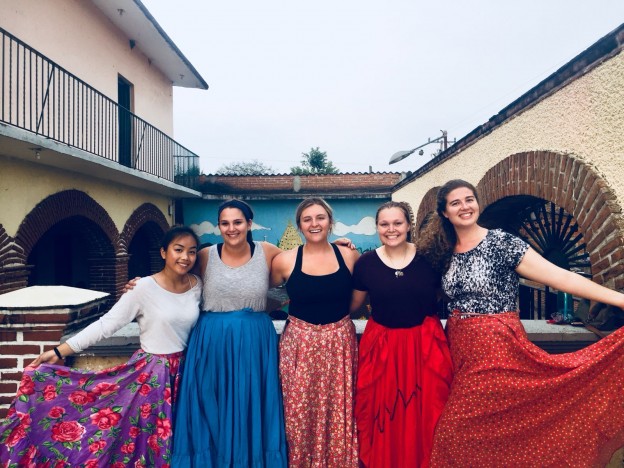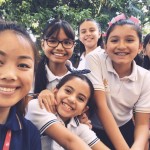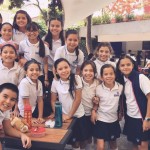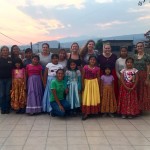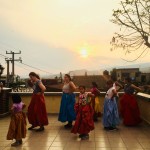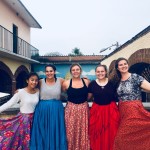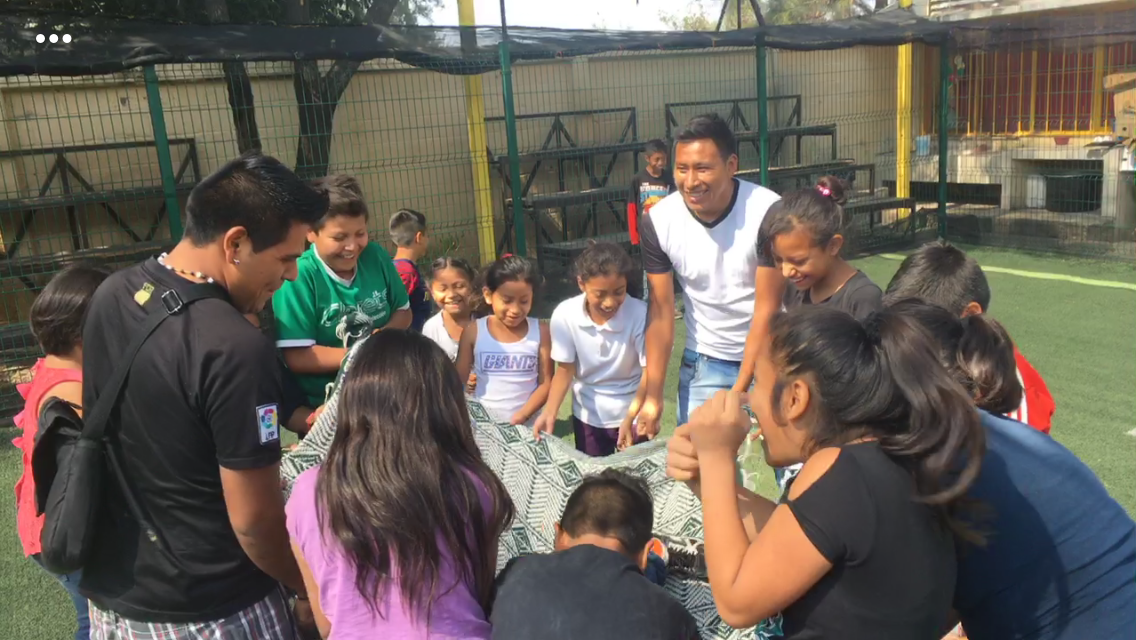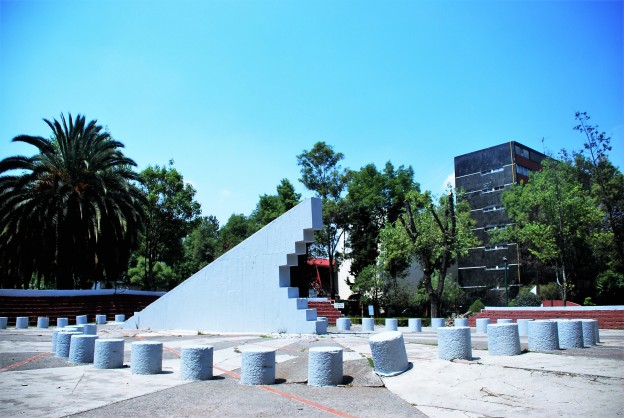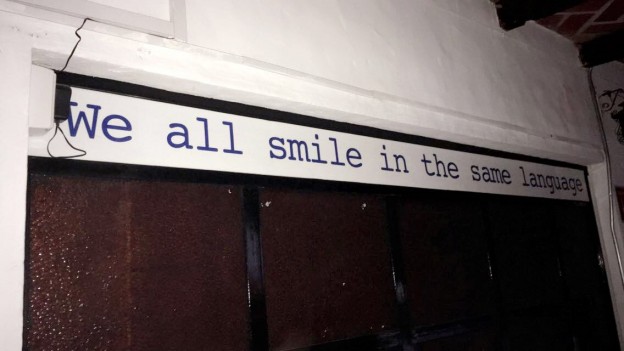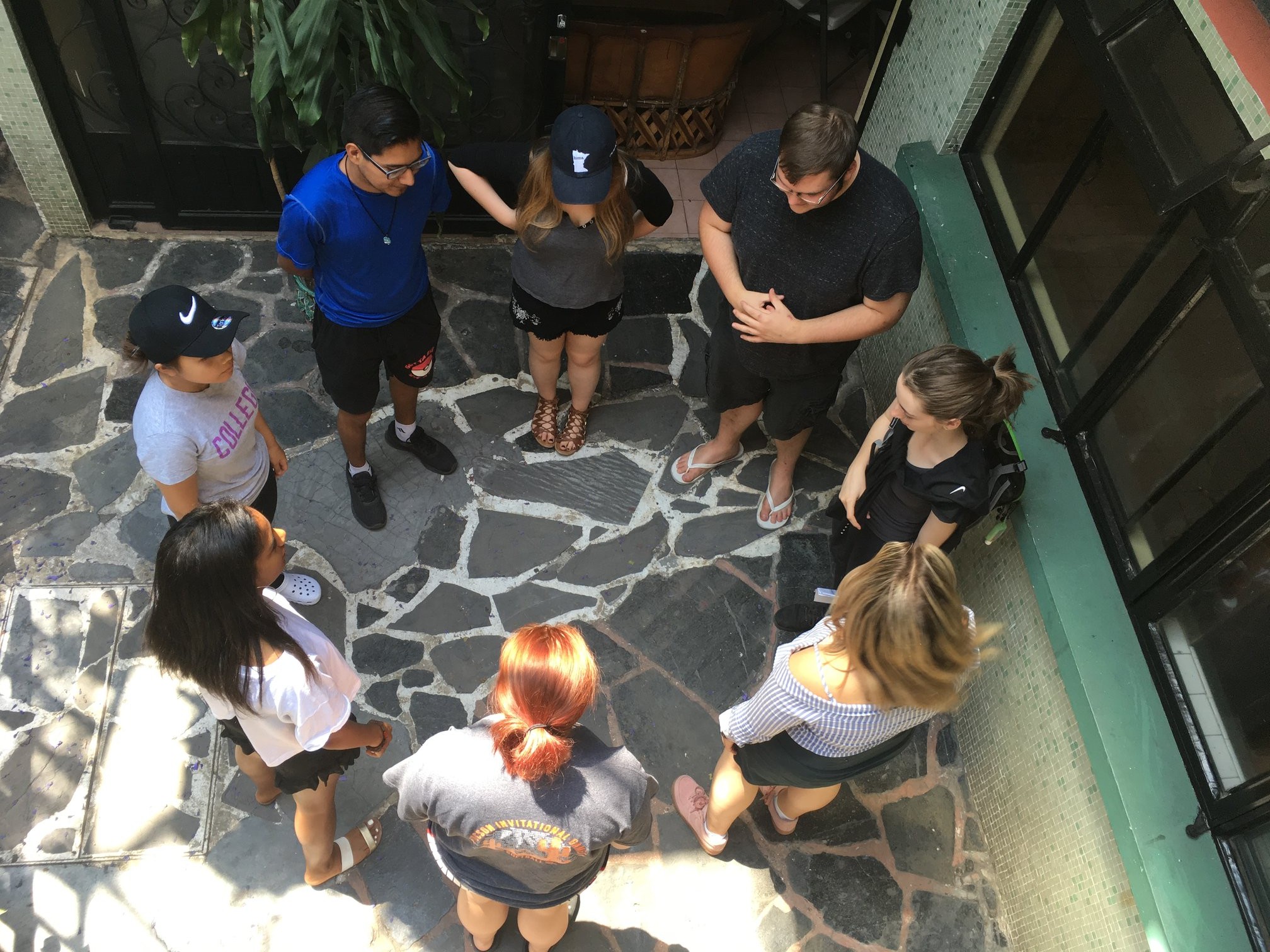As part of the Social Work Program, some of us were required to have an internship. I have been interning at a school called Colegio Williams De Cuernavaca in the fourth grade (a bilingual class in both Spanish and English). As we head into the last week of our internship, I was fortunate to have been able to partake in another student’s (Amanda) practicum. She has been interning at an organization called CGCIP. Twice a week, she has been participating in a traditional dance class in Santa Catarina. Our professor Lizz, a couple students, and I were invited to join her as we learned traditional Mexican dances from various states across Mexico (bailes regionales). The dance we learned involved long, beautiful traditional skirts that flowed effortlessly as we tried to find our way to coordinate and dance cohesively alongside the children and staff. Personally, I loved it! It was challenging but it was an honor to have been given the chance to be part of their community as we danced under the sunset.
As for my internship at Colegio Williams, it was my pleasure to have been part of such a well-rounded school. They focused their system on the best possible way to make sure that every student’s needs are meet. To physically be part of this powerful system, taught me more than just the basics of education. They put matters in areas that are often invisible in most systems, and made it a priority to broaden or narrow the perspective when needed to cultivate for their student’s growth. They have created a space for all to flourish in and I am very grateful to have had this opportunity to connect personally with the environment, staff, teachers, and most importantly the students. It is without a doubt that these students will be successful.
With all of my experiences here in Mexico, I have learned that I have a lot to learn and that is the most exciting part because my journey doesn’t stop here. What I have learned here won’t stop here, it won’t be the end of my learning as it will aid me in becoming the best possible version of myself in both my career and my personal actualization. That’s the beauty of education and these experiences will reside in me as I continue this journey.

